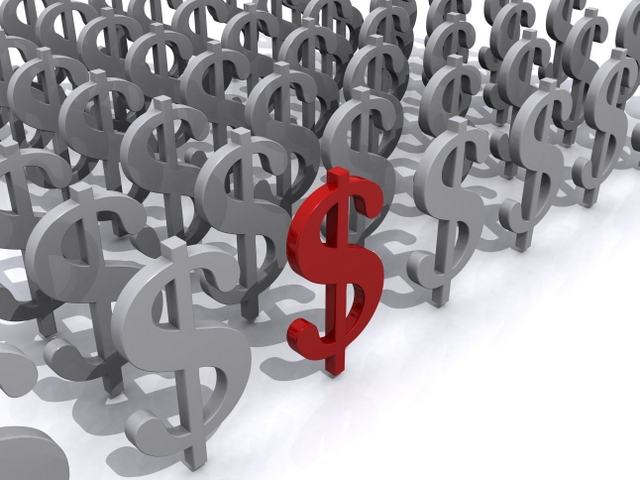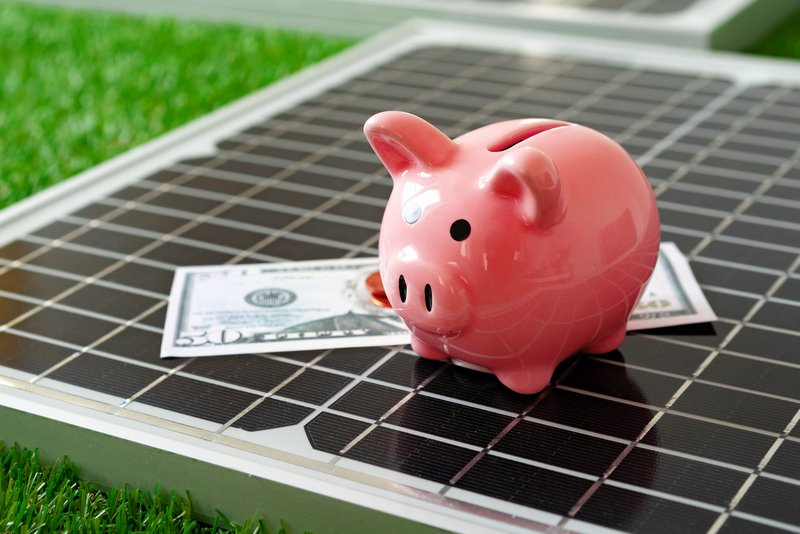Solar bad for the poor? SEIA fights Wall Street Journal op-ed
The Wall Street Journal ran an opinion piece a few weeks ago titled “This Child Doesn’t Need a Solar Panel” with the subhead “Spending billions of dollars on climate-related aid in countries that need help with tuberculosis, malaria and malnutrition.”
The intentions of the columnist might have been in a good place, but his premise was off base. In response, the Solar Energy Industries Association (SEIA) wrote a letter to the editor that the WSJ published. The letter by Nat Kreamer is pretty great. Here are some excerpts:
Developing countries need affordable electricity, too, to solve their food, water and health problems. As The Last Hunger Season by Roger Thurow vividly depicts, without irrigation systems, food insecurity in poor countries creates a cycle of famine and poverty that leaves 1 billion people chronically hungry.
…
Additionally, affordable solar panels can help developing countries improve education, which enhances political enfranchisement and drives economic growth. Today, approximately 2 billion people live without electric light at home, reducing the amount of available reading hours.
RELATED: Obama makes solar energy for low-income housing a priority
…
Solar power provides energy solutions for developing nations without incurring additional infrastructure or environmental cost. Unlike most other forms of power generation, solar power scales up and down easily. You can use one cell, a panel of cells, or ten panels at home without investing in grid infrastructure.
This is incredibly important because developing nations lack the power grids necessary to support most other electric generation technologies. Investing in fossil-based power not only requires a robust grid but also aggravates existing environmental problems.
Be sure to head to the SEIA site to read the whole thing.






Comments are closed here.